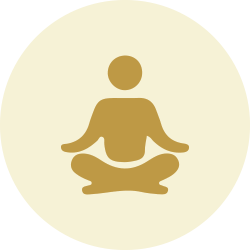
Specialist counselling
Specialist counselling is recommended for young people experiencing problematic porn usage. This includes young people who are unable to control or change their porn use, are experiencing harm in real-life functioning, and have persistent usage despite adverse outcomes. Of note:
- Treatments vary, but many focus on reducing porn consumption or abandoning it altogether (69).
- Some treatments are beginning to focus less on symptom reduction and more on a process-based approach, addressing problematic porn usage as symptomatic of broader coping issues (70).
- Approaches differ, depending on the counsellor’s preferred therapeutic modalities, the young person’s preference, and their personal history. Key treatment modalities used by counsellors in Aotearoa include cognitive behavioural therapy (CBT), acceptance and commitment therapy (ACT), mindfulness, psychoeducation, narrative, dialectical behavioural therapy (DBT), and family approaches.
- As there is currently no clear evidence of a preferable approach, a tailored, client-centred, culturally safe, trauma-informed, and flexible approach is recommended.
A list of regional counsellors with experience with problematic porn usage is available HERE.

Self-directed apps
Self-directed apps to help manage porn habits can be helpful for some young people to compliment or use alongside (but not replace) support from a qualified counsellor. These apps offer a range of tools such as filters, online forums, device management, tracking functions, support groups, discussion forums, journaling, and mindfulness activities.
There are currently no Aotearoa-based apps to help young people and the international apps take different approaches (and have their own limitations). It can be helpful for a young person to explore the apps and see which one might suit them best.
Social Support
HERE are some tips to help a young person disclose their situation to a friend or family member
HERE are tools for a support person to better understand how they can help.
Cultural Safety
Urgent cases
